Russia’s Lavrov: We support ‘One China’ policy on Taiwan
Russian Foreign Minister Sergei Lavrov has said that Russia fully supports the One China policy towards Taiwan, after the Chinese president issued a stern warning to his American counterpart and urged him not to play with fire regarding the island.
Lavrov made the remarks during a press conference after a session of the Foreign Ministers Council of the Shanghai Cooperation Organization (SCO), which began earlier on Friday in Tashkent, the capital of Uzbekistan.
“Our position on the existence of only one China remains unchanged,” he told reporters in Tashkent. “We have no problem with upholding the principle of China’s sovereignty.”
Kremlin spokesman Dmitry Peskov also told reporters that Russia expresses solidarity with China on the issue of Taiwan.
“We respect China’s sovereignty and territorial integrity and believe that no country in the world should have the right to question this or take any inflammatory or other steps,” he said.
“We are convinced that such behavior on the international arena can only cause additional tension.”
Chinese and American presidents Xi Jinping and Joe Biden had a two-hour telephone conversation on Thursday, during which the Chinese president warned his US counterpart not to play with fire regarding Taiwan.
“Those who play with fire will perish by it,” China’s foreign ministry quoted Xi as telling Biden in their fifth call as leaders. “It is hoped that the US will be clear-eyed about this.”
Beijing this week warned that it was “getting ready” for a possible visit by Pelosi, which would be the first to Taiwan by a sitting US House speaker since 1997.
“We are firmly opposed to Speaker Pelosi’s visit to Taiwan,” Chinese Foreign Ministry spokesman Zhao Lijian said at a regular press conference on Wednesday.
“If the US pushes ahead and challenges China’s bottom line... the US side will bear all the consequences,” he added.
To further escalate the already heightened tension between Washington and Beijing over Taiwan, the aircraft carrier USS Ronald Reagan and its strike group, including a guided missile destroyer and a guided missile cruiser, which had left Singapore on Monday, entered the South China Sea, which is almost entirely claimed by China.
The group is expected to sail through the Taiwan Strait, a strategically-sensitive waterway that separates Chinese Taipei from mainland China.
US naval forces have been conducting such maneuvers near Chinese waters about once a month, irking Beijing, which considers the sailings as a sign of support for the self-governing island territory of Taiwan.
Xi also urged Biden to stick to the “one China” principle that recognizes Beijing, not Taipei, diplomatically, warning him against supporting Taiwan’s independence.
Under the “one China” policy, nearly all countries across the globe recognize Beijing’s sovereignty over Chinese Taipei, including the US, which has no formal diplomatic ties with the territory but continues to support its anti-China stance and supply it with massive amounts of armaments.
While Beijing and the US military are opposed to the planned visit by Pelosi, it has drawn support from both Republicans and Democrats in the US. However, US national security officials are, according to CNN, quietly working to convince Pelosi of the risks her potential visit to Taipei could pose during a highly-sensitive moment between China and Chinese Taipei.
Biden believes the trip may cross red lines for China. Last week, the American president said the US military “thinks it’s not a good idea right now.”
Since Biden came to power early last year, Washington-Beijing relations began to further deteriorate over multiple issues, including Taiwan, human rights, and technology sector competition. However, the American president has sought to stabilize ties with China through regular conversations with his counterpart.
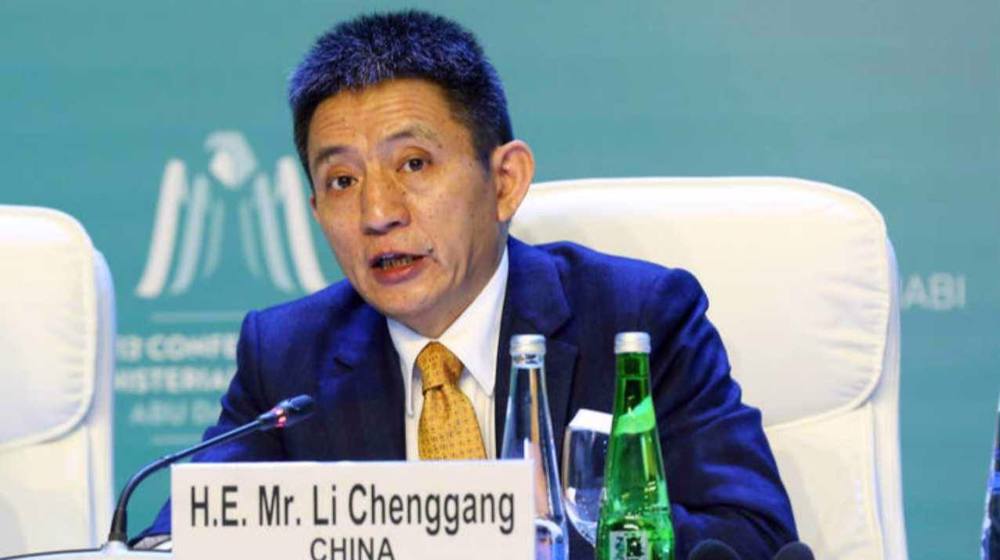
China condemns ‘unilateral and arbitrary’ US tariffs
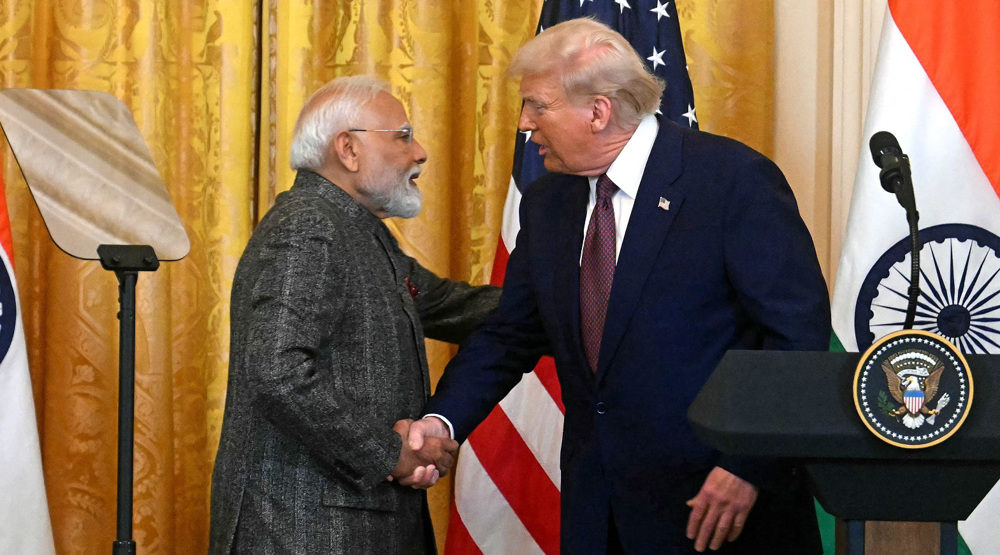
China warns US, India after Trump surge in arms sales to New Delhi
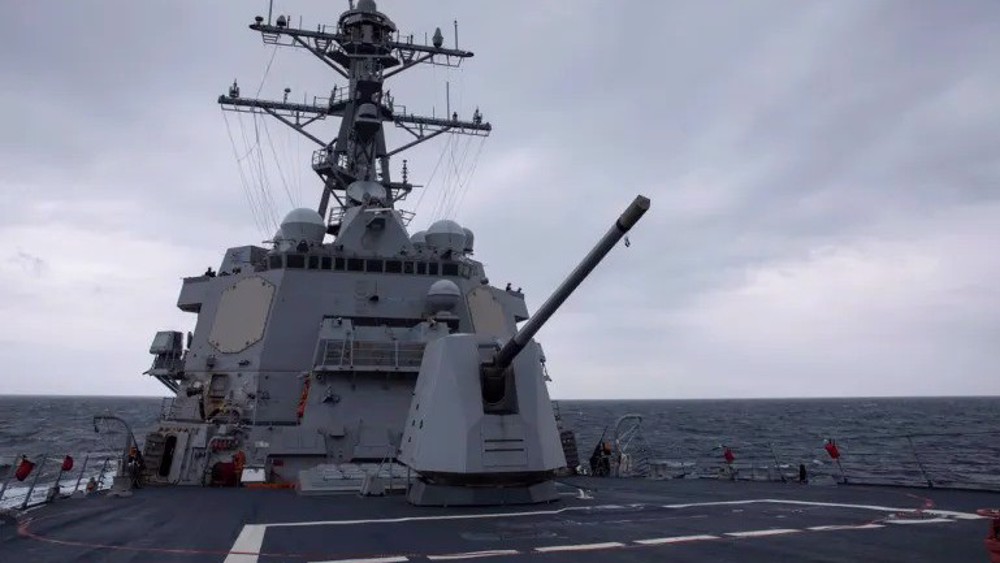
US makes debut passage through Taiwan Strait under Trump's new administration
US official vows to imprison pro-Palestine protesters for years
Arab states condemn Israel's new aggression against Syria
IRGC adds homegrown warship, fast attack craft to naval fleet
VIDEO | Press TV's news headlines
Over 700 bodies recovered in Gaza, most remain unidentified
VIDEO | US TikTok ban
Palestinian youth succumbs to injuries sustained in West Bank strike
US Attorney General hints at Epstein files release amid skepticism


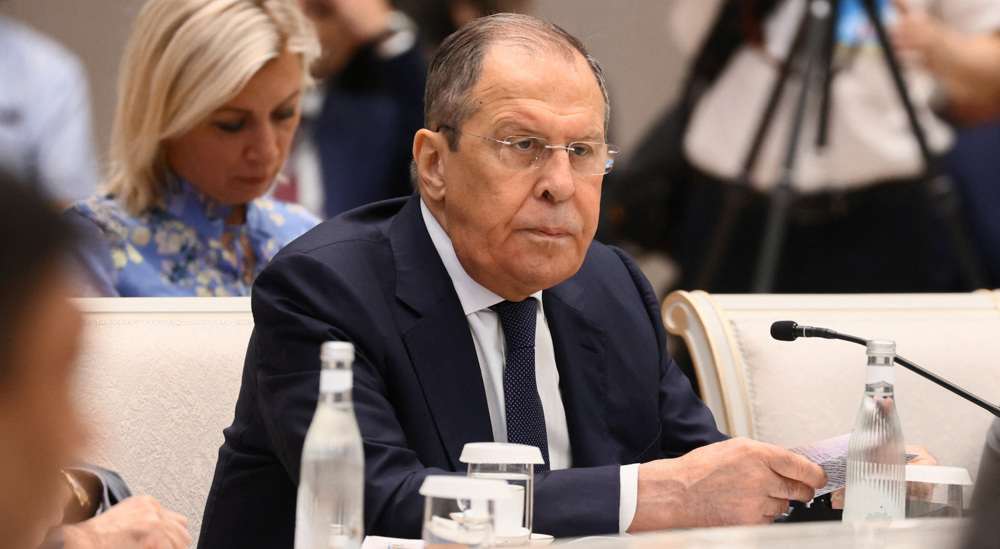
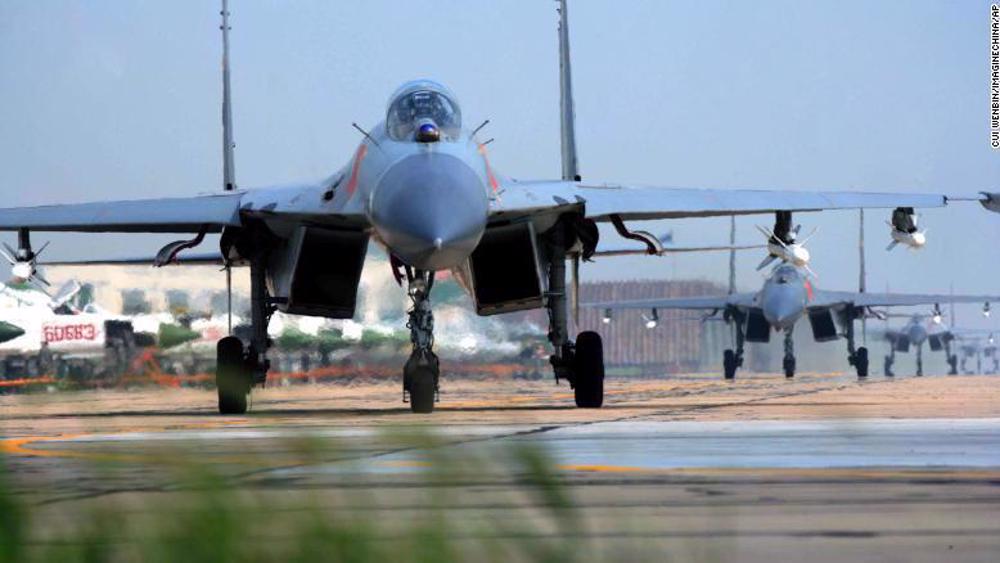
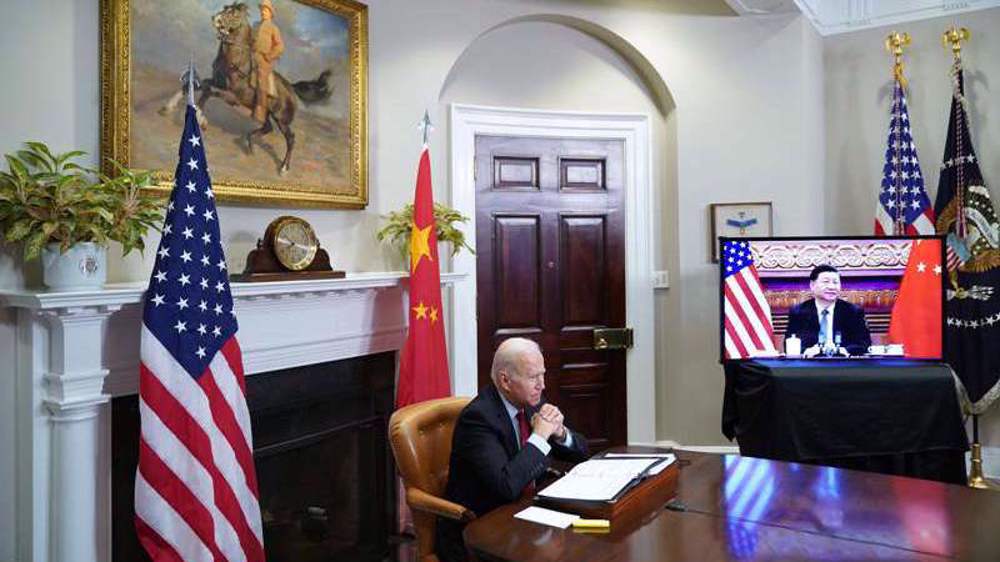




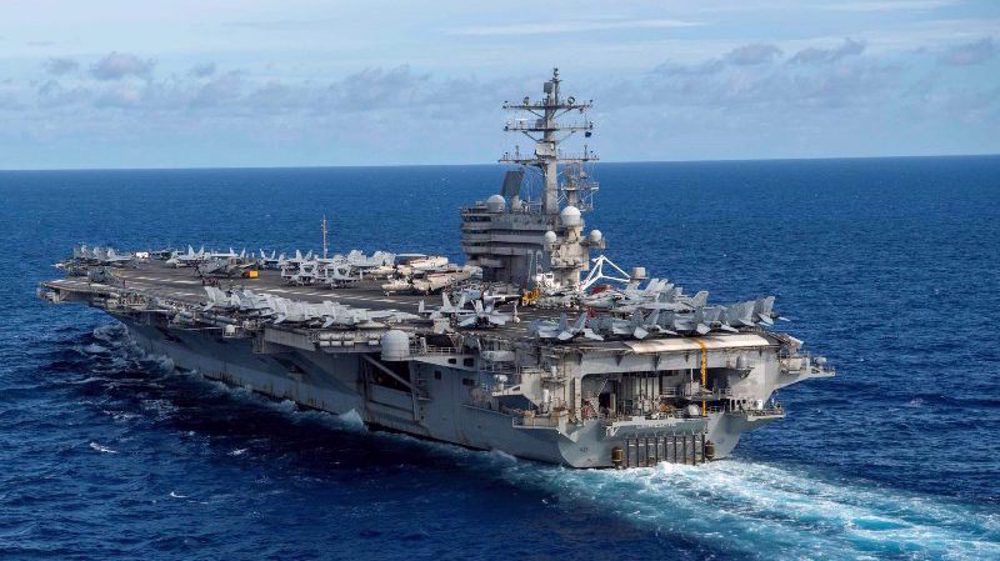
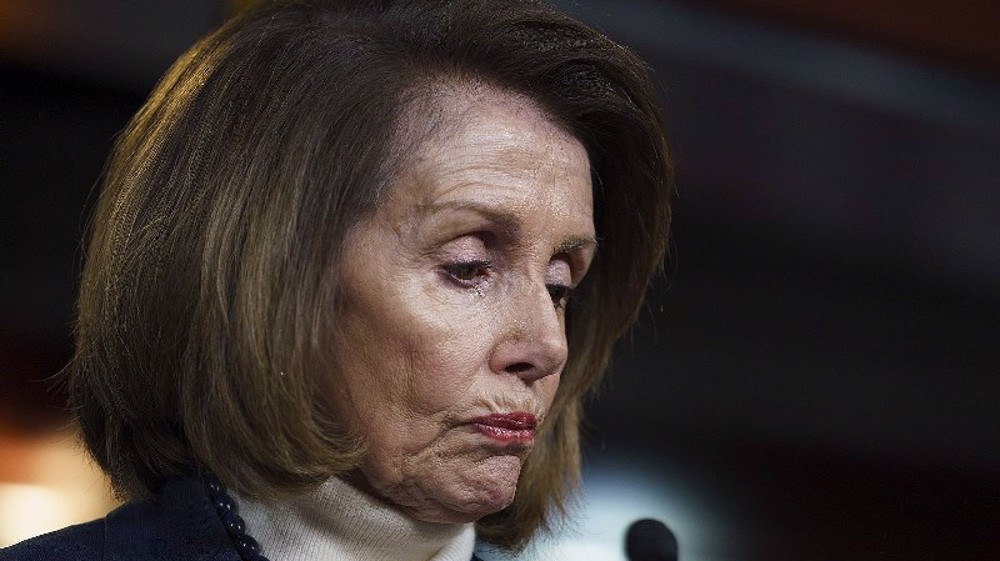
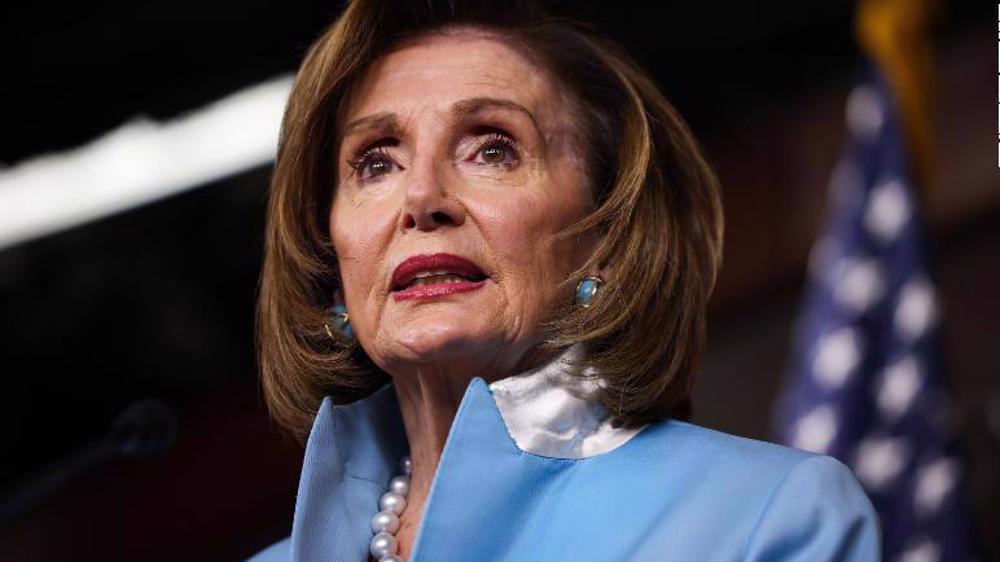
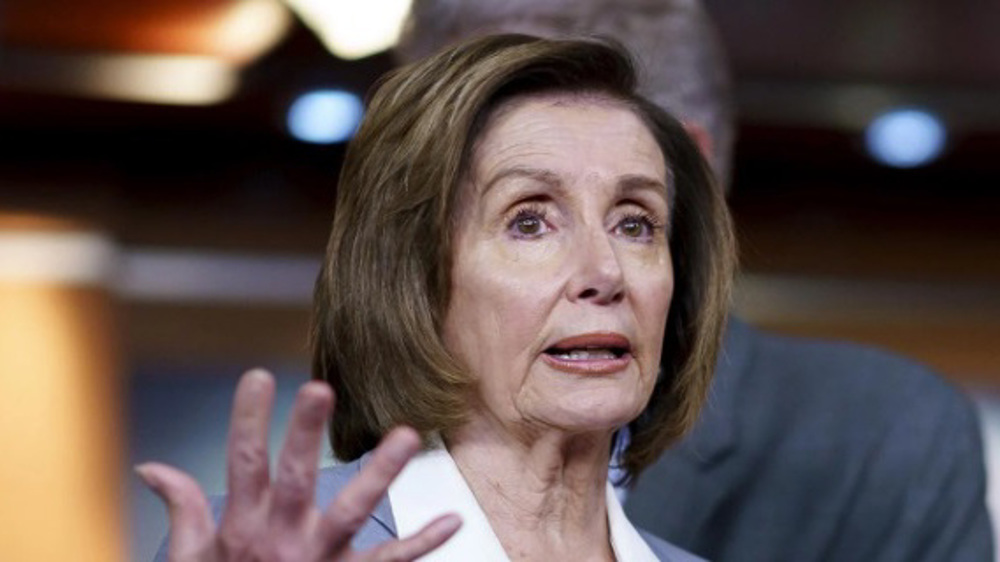
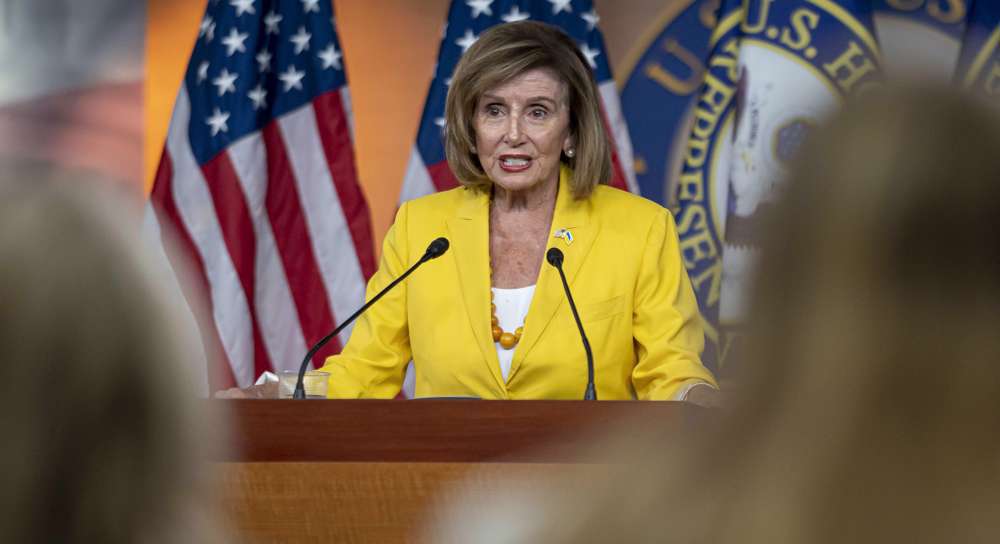

 This makes it easy to access the Press TV website
This makes it easy to access the Press TV website